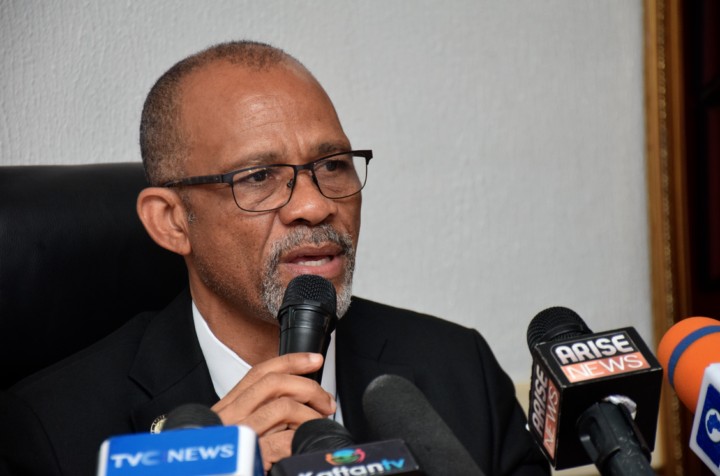The Lagos State Commissioner for Health, Prof. Akin Abayomi, has raised the alarm over the widespread misdiagnosis of malaria in the state, revealing that 95 percent of fever-related illnesses reported in health facilities are not caused by malaria.
Abayomi made this startling disclosure on Saturday during a three-day programme tagged “Pathway to Pre-Elimination and Digitisation Project” held in Lagos.
The initiative is supported by a World Bank grant and coordinated by Professor Wellington Oyibo, Director of the Centre for Transdisciplinary Research for Malaria and Neglected Tropical Diseases.
According to Abayomi, the state’s latest data analysis has shown a concerning trend of over-reliance on presumptive malaria treatments, which has contributed significantly to antimicrobial resistance (AMR) and ineffective fever management.
“On average, 95 out of every 100 cases of fever are not malaria. Yet, we continue to treat all fevers as malaria. This must stop,” Abayomi said.
He warned that the rampant use of antimalarial and antibiotic drugs without proper diagnosis is fueling drug resistance, making even common infections more difficult to treat.
“We are at risk of becoming the capital of antimicrobial resistance if we don’t change course. Treating fevers blindly is not only dangerous—it is killing people slowly,” he added.
The commissioner stressed the need for a paradigm shift among healthcare providers, especially in the private sector, to embrace evidence-based diagnosis using Rapid Diagnostic Tests (RDTs) and other tools rather than relying on guesswork.
He revealed that under the state’s revised fever management protocol, patients with fever must first undergo malaria testing. If the result is negative, clinicians will be mandated to investigate other causes such as pneumonia, gastroenteritis, dengue fever, or E. coli infections.
Also speaking at the event, Prof. Oyibo highlighted the grave consequences of misdiagnosis, particularly in children. He noted that some non-malaria illnesses mimic malaria symptoms, and administering the wrong treatment could be fatal.
“If a child has pneumonia and is wrongly treated with antimalarial drugs, that child could die within hours. Misdiagnosis remains a leading cause of preventable deaths and contributes to our high malaria burden,” Oyibo said.
He described the new fever management framework as a bold move toward digitised, data-driven, and patient-specific medical care in Nigeria.
Abayomi further reiterated that it is illegal for individuals to purchase antimalarial or antibiotic drugs without a prescription from a certified health professional.
“The cornerstone of our new strategy is accurate testing. If a patient tests negative for malaria, we must go the extra mile to identify the actual cause rather than defaulting to malaria treatment,” he noted.
Lagos, according to Oyibo, is currently the only state in Nigeria nearing malaria pre-elimination status — a milestone that can only be sustained through accurate diagnosis and targeted treatment.
The ongoing project aims to revolutionise the management of febrile illnesses in Lagos, reduce unnecessary drug use, and strengthen the fight against drug resistance through smart healthcare delivery.
PLATFORM TIMES gathered that the state government is working to ensure that public and private healthcare providers are equipped and trained to comply with the new fever management protocol across all levels of care.
Do you want to share a story with us? Do you want to advertise with us? Do you need publicity for a product, service, or event? Contact us on WhatsApp +2348183319097 Email: platformtimes@gmail.com
We are committed to impactful investigative journalism for human interest and social justice. Your donation will help us tell more stories. Kindly donate any amount HERE




